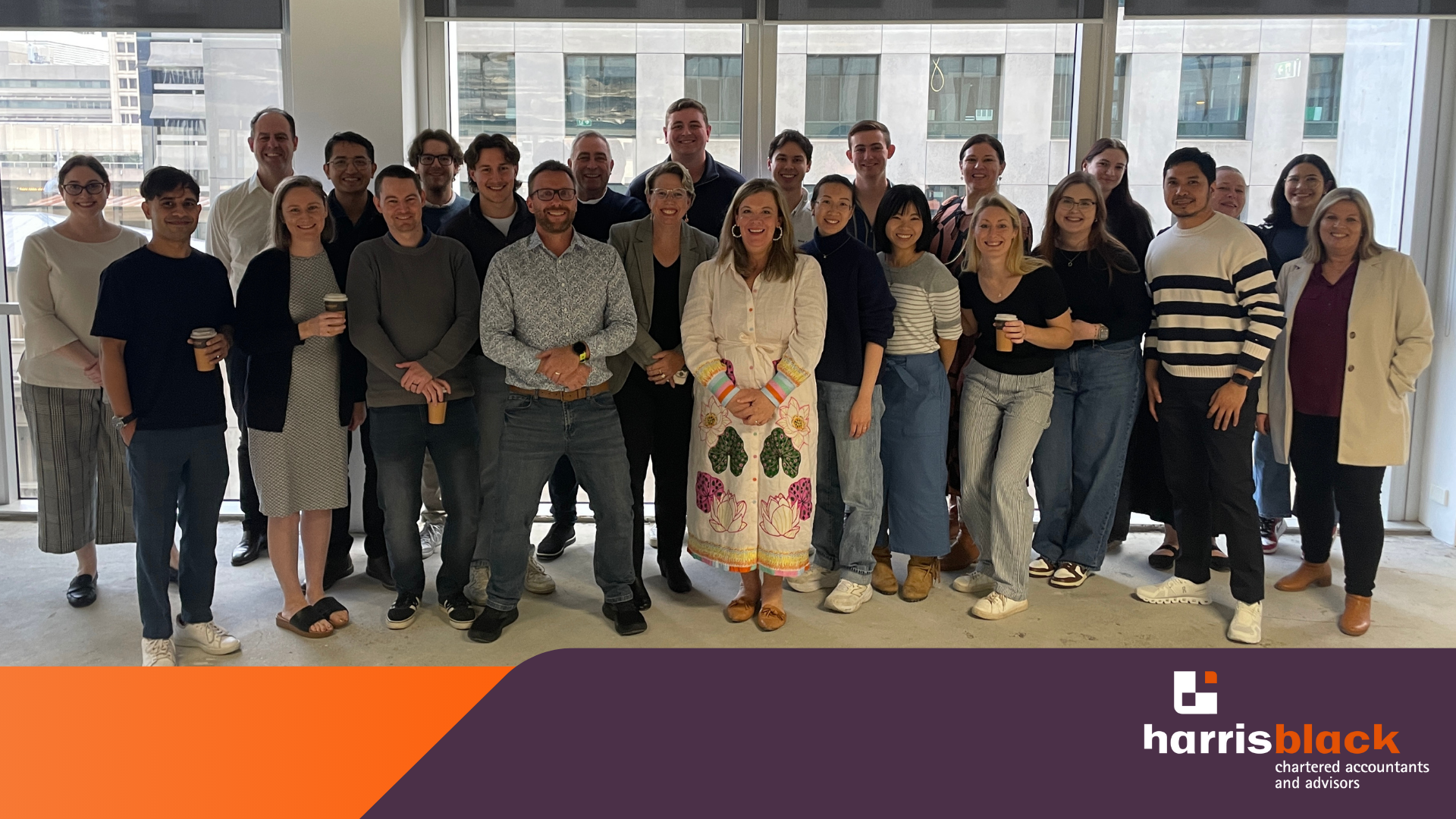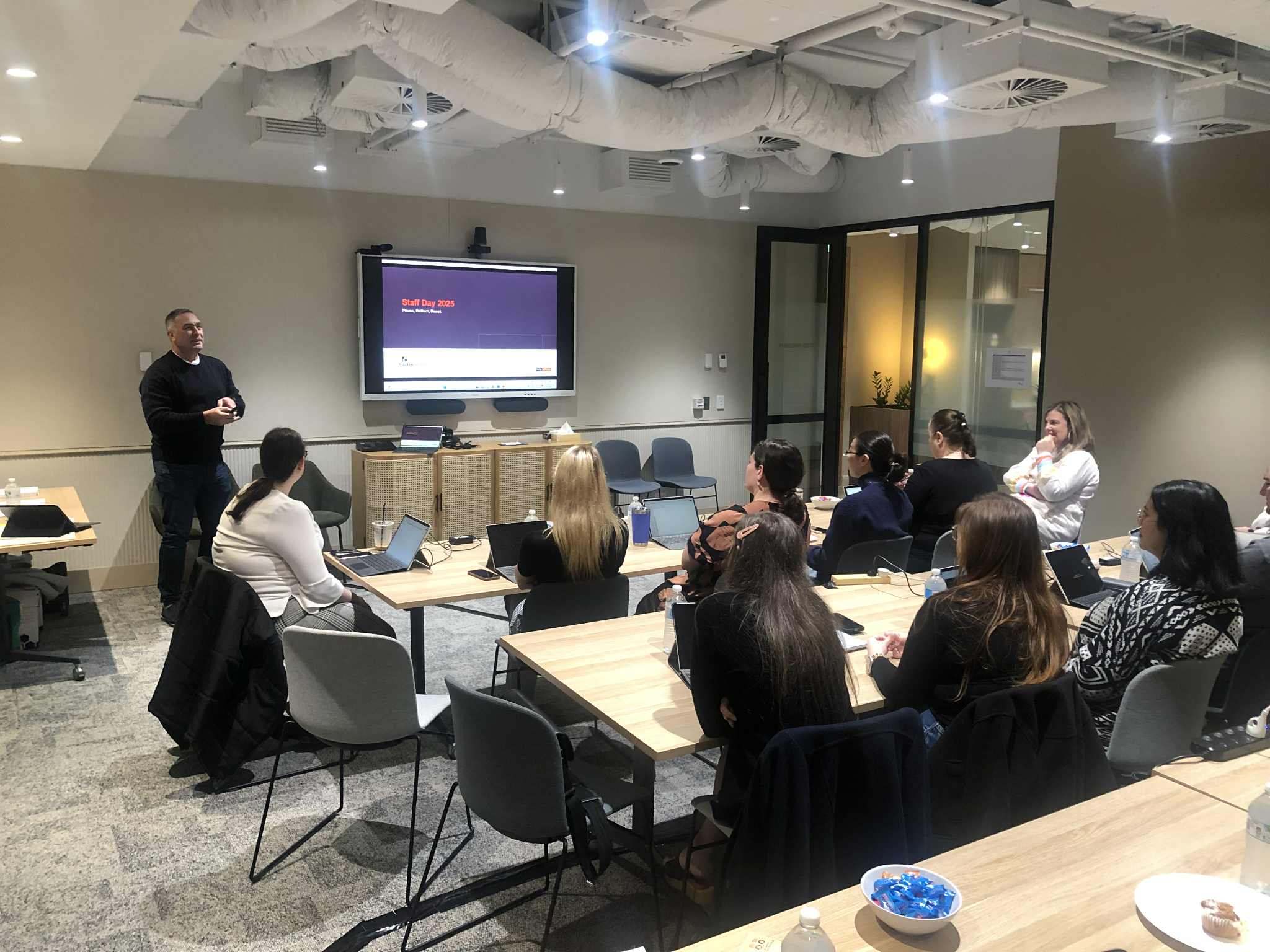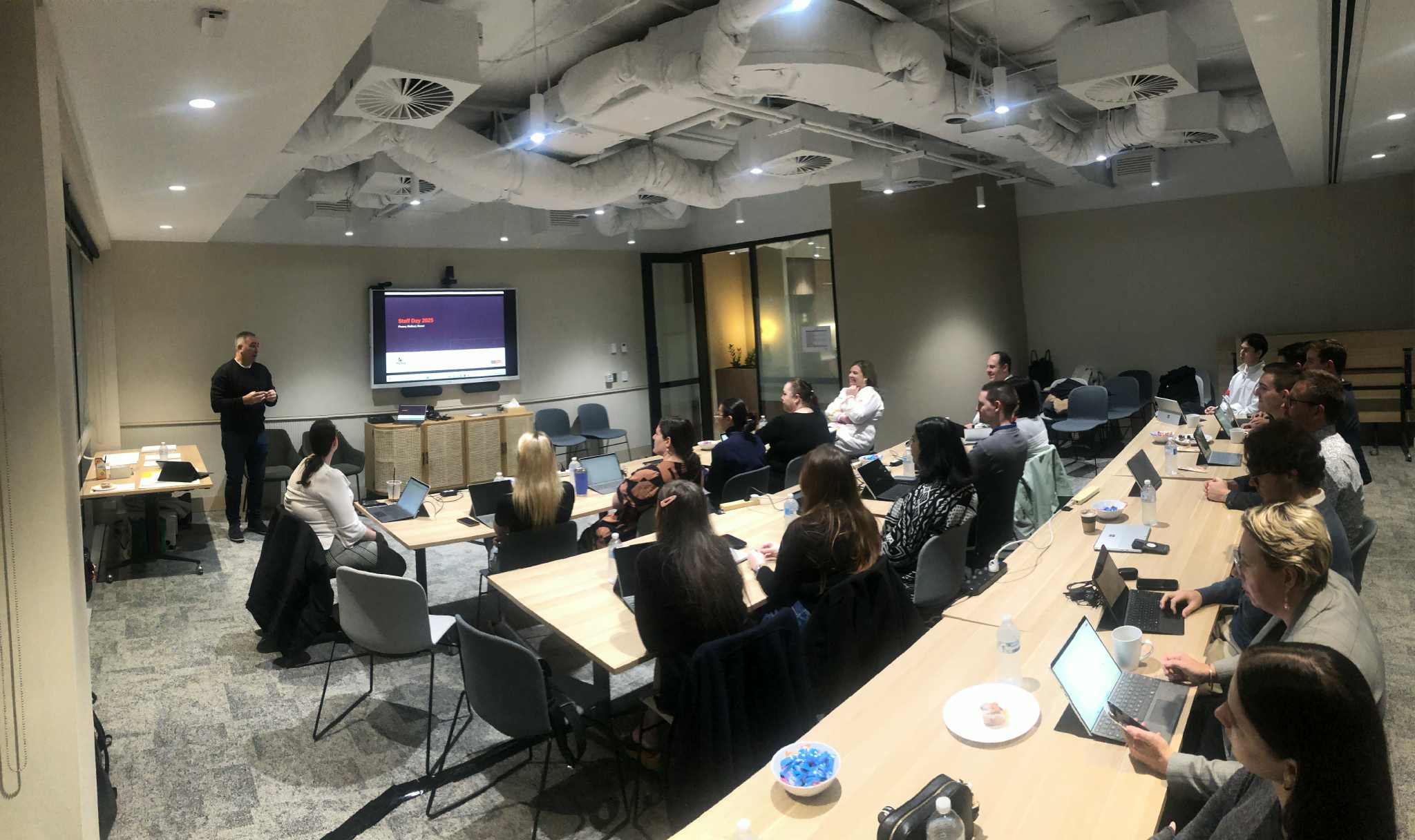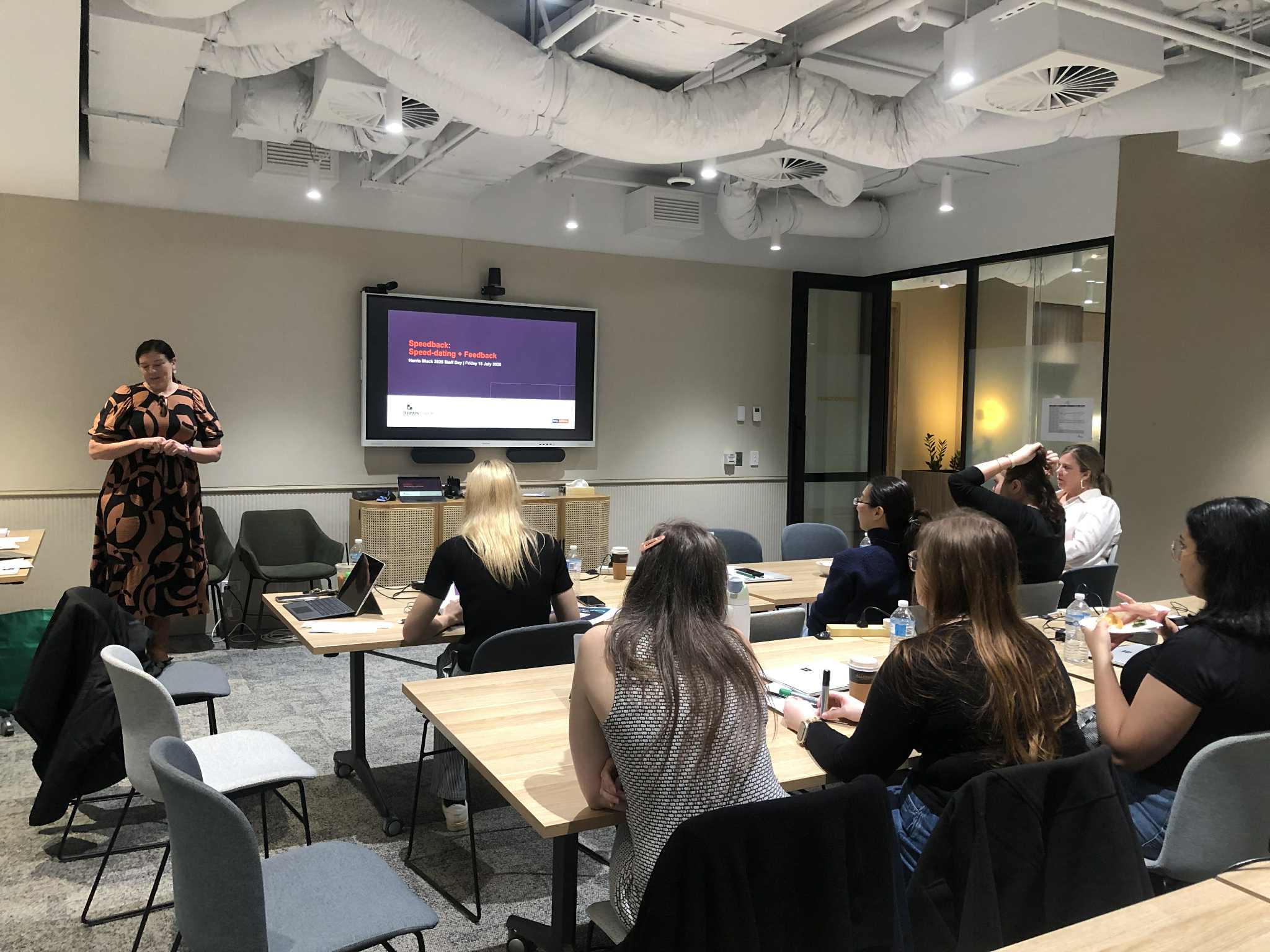When it comes to Fringe Benefits Tax (FBT), most employers are confident about the basics. Provide a car? There’s a car fringe benefit. Pay for private health insurance? That’s a fringe benefit too.
But the rules get a little trickier when you’re dealing with dual capacity individuals – people who work for you and have another relationship with your business, such as being a shareholder, director, or partner.
In these cases, the ATO may look much more closely at the capacity in which a benefit is provided – and it can have real tax consequences.
What is a “dual capacity” individual?
A dual capacity individual is someone who wears more than one hat in relation to your organisation.
Common examples include:
- An employee who is also a director of the company.
- A shareholder who is also employed in an operational role.
- A partner in a partnership who is also a salaried worker within that partnership’s business.
In these scenarios, a single person can act in two capacities – as an employee and as an owner/officeholder.
Why does it matter for FBT?
FBT only applies to benefits provided in respect of employment.
So, if a benefit is provided purely because the person is a shareholder (or in another non-employee capacity), it’s not subject to FBT. However:
- If the benefit is provided because they are an employee, it falls squarely within FBT rules.
- If it’s provided partly for their role as an employee and partly for their role as a shareholder or director, things get murky – and the ATO will expect an apportionment.
The Risk?
- Overpaying FBT if you treat everything as employment-related.
- Underpaying FBT (and inviting an audit) if you ignore the employment connection altogether.
Common Problem Areas
1. Company vehicles
- If a director who also works as the business development manager has a company car, is it provided for their work duties or their position on the board? In most cases, the operational role drives the FBT treatment – but clear documentation helps.
2. Travel and accommodation
- If the individual attends a conference relevant to their employee role, FBT may apply to any private component. But if the trip is solely for shareholder meetings, it may fall outside FBT (though income tax rules could still apply).
3. Loans and financial assistance
- Loans to shareholder-employees may be treated as either FBT “loan benefits” or Division 7A deemed dividends, depending on which capacity they are acting in. The wrong classification can lead to unexpected tax bills.
Getting the apportionment right
The ATO expects a reasonable and well-supported method for splitting the benefit between the two capacities. That might involve:
- Documenting the business reason for providing the benefit.
- Using timesheets or role descriptions to demonstrate which capacity the benefit relates to.
- Keeping board minutes or employment contracts up to date.
The key is to be able to show why the benefit was provided – not just that it was provided.
ATO scrutiny is increasing
In recent years, the ATO has flagged FBT on dual capacity individuals as a focus area, particularly for private groups. Benefits to shareholder-employees are a natural target, because the employment and ownership lines can easily blur.
The good news? With the right records and a careful approach, you can minimise the risk of an audit and avoid paying more tax than necessary.
Final takeaway: If you have individuals in your business who work in more than one capacity, it’s worth reviewing how benefits are classified. A little bit of documentation now can save a lot of tax headaches later.
If you’re unsure about the FBT treatment for dual capacity individuals, reach out to the Harris Black team – we’re here to help you get it right.




















